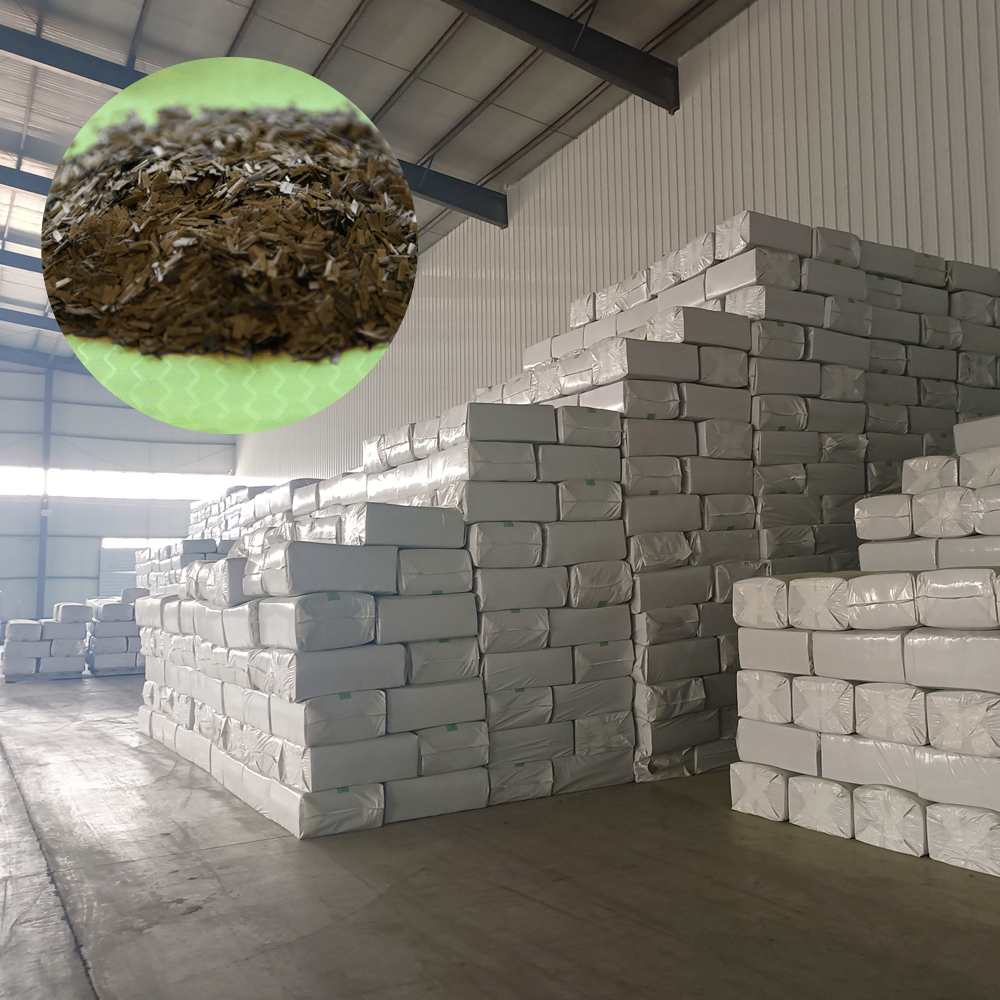Table of Contents
Basalt Fiber Material
Basalt Fabric is a versatile material that has been gaining popularity in the construction industry due to its numerous benefits and applications. Basalt fiber is derived from the natural volcanic rock, basalt, which is melted at high temperatures and then spun into fibers. These fibers are then woven into fabric, which can be used in a variety of construction projects.
One of the key advantages of basalt fabric is its high strength-to-weight ratio. Basalt fibers are incredibly strong, even stronger than steel, yet much lighter in weight. This makes basalt fabric an ideal material for reinforcing concrete structures, such as pavements, bridges, and buildings. The use of basalt fabric can help increase the durability and longevity of these structures, as well as reduce maintenance costs over time.
In addition to its strength, basalt fabric is also highly resistant to corrosion and Chemicals. This makes it an excellent choice for construction projects in harsh environments, such as coastal areas or industrial sites. Basalt fabric is also non-combustible, making it a safe option for fire-resistant applications.
Basalt fabric is also environmentally friendly, as it is made from natural materials and is fully recyclable. This makes it a sustainable choice for construction projects, as it helps reduce the environmental impact of the building industry. Basalt fabric is also energy-efficient to produce, as it requires less energy and resources compared to other synthetic fibers.
One of the most common applications of basalt fabric in construction is in pavement reinforcement. Basalt fabric can be used to strengthen asphalt pavements, increasing their load-bearing capacity and reducing the risk of cracking and rutting. Basalt fabric can also be used to repair and rehabilitate existing pavements, extending their service life and reducing the need for costly replacements.
Basalt fabric can also be used in the construction of bridges and tunnels. Basalt fabric can be used to reinforce concrete structures, such as bridge decks and tunnel linings, increasing their strength and durability. Basalt fabric can also be used to repair and strengthen existing structures, helping to extend their service life and reduce maintenance costs.
In addition to its structural applications, basalt fabric can also be used for aesthetic purposes in construction. Basalt fabric can be used as a decorative element in buildings, adding a unique and modern touch to the design. Basalt fabric can also be used as a cladding material, providing a durable and attractive finish to the exterior of buildings.
Overall, basalt fabric is a versatile and sustainable material that offers numerous benefits for construction projects. From its high strength-to-weight ratio to its resistance to corrosion and chemicals, basalt fabric is an excellent choice for a wide range of applications in the construction industry. Whether used for pavement reinforcement, bridge construction, or decorative purposes, basalt fabric is sure to enhance the durability and longevity of any project.
Basalt Fiber for Pavement
Basalt fabric is a versatile material that has been gaining popularity in the construction industry for its durability and strength. One of the key applications of basalt fabric is in pavement construction. Basalt fiber material is used to reinforce asphalt and concrete pavements, providing added strength and longevity to the road surface.
Basalt fiber is a natural material derived from volcanic rock, making it an environmentally friendly choice for construction projects. The fibers are extracted from basalt rock through a process of melting and extrusion, resulting in a strong and flexible material that is ideal for reinforcing pavements. Basalt fabric is lightweight and easy to work with, making it a cost-effective solution for road construction projects.

When used in pavement construction, basalt fabric helps to improve the overall performance of the road surface. The fibers are mixed with asphalt or concrete to create a composite material that is stronger and more durable than traditional pavement materials. Basalt fiber reinforcement helps to reduce cracking and rutting in pavements, extending the lifespan of the road and reducing maintenance costs over time.
In addition to its strength and durability, basalt fabric also offers excellent resistance to corrosion and weathering. This makes it an ideal choice for pavements in harsh climates or high-traffic areas where the road surface is subjected to heavy loads and frequent use. Basalt fiber material is also non-toxic and non-combustible, making it a safe and sustainable option for construction projects.
Basalt fiber for pavement construction is available in a variety of forms, including woven fabric, chopped fibers, and continuous roving. Each type of basalt fabric has its own unique properties and applications, allowing contractors to choose the best material for their specific project needs. Woven basalt fabric is commonly used for reinforcing asphalt pavements, while chopped fibers are often added to concrete mixes for added strength.
When incorporating basalt fiber material into pavement construction, it is important to follow proper installation techniques to ensure optimal performance. The fibers should be evenly distributed throughout the asphalt or concrete mix to provide uniform reinforcement and prevent weak spots in the pavement. Proper compaction and curing of the material are also essential to achieve a strong and durable road surface.
Overall, basalt fabric is a valuable material for pavement construction that offers numerous benefits for contractors and project owners. Its strength, durability, and environmental sustainability make it an attractive choice for road projects of all sizes. By incorporating basalt fiber reinforcement into pavements, contractors can create long-lasting road surfaces that withstand the rigors of daily use and provide a smooth and safe driving experience for motorists.
| Nr. | Product |
| 1 | Basalt fiber for road use |
